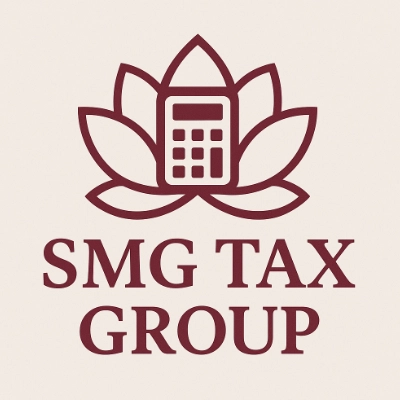Sharon Gross, CPA
Tax Benefits: Leasing vs. Owning a Business Vehicle in California
When it comes to using a vehicle for business purposes in Los Angeles or anywhere in California, understanding the tax implications of leasing versus owning can have a direct impact on your bottom line. Both options offer unique advantages, but the right choice depends on how your business uses the vehicle, your cash flow, and your long term goals.
Leasing a Business Vehicle: Flexibility and Simpler Deductions
Leasing often appeals to small business owners who want predictable monthly expenses and the ability to drive newer vehicles with minimal maintenance issues. From a tax standpoint, lease payments are generally deductible as a business expense but only the portion used for business purposes.
- You can deduct the business use portion of your lease payments monthly.
- If the vehicle's value exceeds IRS limits, a luxury vehicle inclusion amount must be subtracted from the deduction.
- Sales tax in California is often rolled into the monthly lease payment and also partially deductible.
Leasing also allows you to avoid depreciation schedules and simply report expenses in the year they're incurred.
Owning a Business Vehicle: Depreciation and Greater Long Term Value
Buying a vehicle, especially if used extensively for business, can provide greater tax value through depreciation and mileage deductions. When purchased outright or through a loan, business owners can deduct interest (if financed) and claim depreciation using Section 179 or bonus depreciation methods.
- Section 179 allows for immediate expensing of up to $1,220,000 (2024 limit), which is especially valuable for SUVs over 6,000 lbs GVWR.
- Bonus depreciation (80% in 2024) is available for new and used qualifying vehicles.
- You may also deduct actual vehicle related expenses like gas, repairs, and insurance or use the IRS standard mileage rate.
Ownership offers larger upfront deductions, especially when cash flow allows it, and you're not restricted by lease mileage limits or wear and tear clauses.
Which Is Better for Your California Business?
In general, **leasing** is better for lower mileage use and consistent cash flow, while **owning** benefits high mileage drivers, heavy vehicle users, or those who want to claim significant first year depreciation.
California specific considerations such as registration costs, emissions requirements, and the value of EV tax credits may also influence your decision. A CPA can help you evaluate your business use percentage, vehicle type, and financial goals to determine which approach offers the greatest tax advantage.

